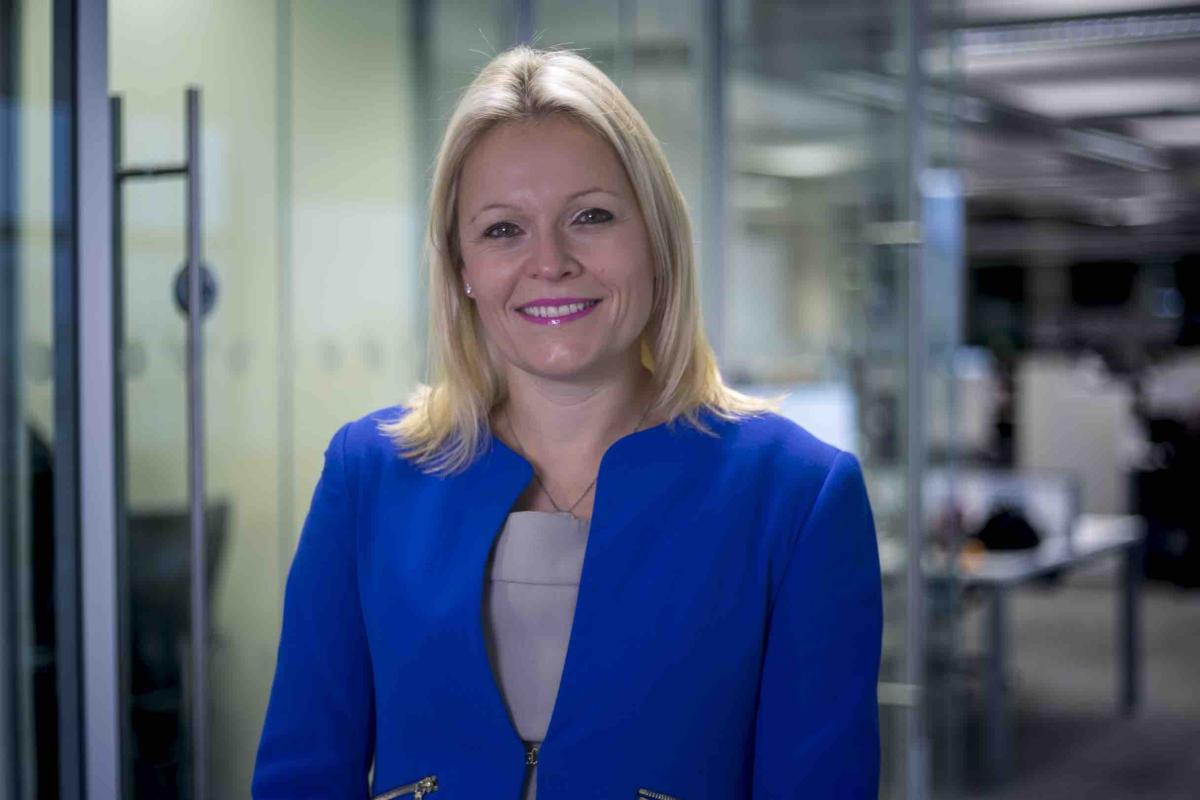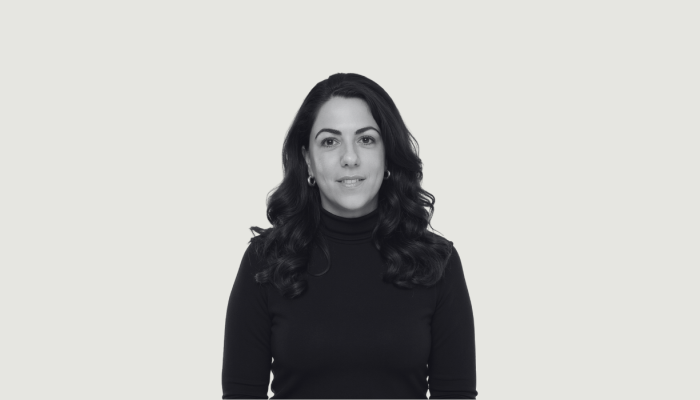Recently we held a leadership lunch in London with Severn Trent's Liv Garfield. Feedback from our members was really positive - they loved Liv as a speaker. To follow up we decided to quiz Liv on a few topics: responsibility as a leader, responsibility as a business, brand purpose, and bravery and community.
Enjoy the interview.
Fortune magazine named you as the 14th most powerful woman in Europe, Middle East and Africa, yet with great power comes great responsibility. Do you feel that responsibility? Does it help or hinder you as a leader?
To be honest, I don’t really pay attention to my own publicity - that’s not why I do the job. What I need to concentrate on is doing the best possible job for my customers, my investors, and our communities. If I have any power, it’s to do the absolute best for everyone and maybe to try to inspire the next generation to be the best that they can.
Talking of responsibility, Severn Trent came 11th in Tortoise Intelligence’s Responsibility100 Index that ranks the entire FTSE 100 on its environmental, social and ethical performance. Did it take a lot of work to get that ranking? Did you encounter much push back from stakeholders and investors in terms of what you were trying to achieve?
I’m really proud of our Tortoise Intelligence’s Responsibility 100 Index ranking, as it says that not only do we ‘talk the talk’, but that we ‘walk the walk’ and actually deliver the things we say we will. But it’s only one measure of Severn Trent’s achievements in our ambition to be a responsible company. We were also named as being in third place in the Social Mobility Index which recognises our work in not only helping people from so-called social mobility cold spots find work but also in building careers.
We’ve already announced that our already low bills will be even lower, and we’re helping more than 60,000 of our most vulnerable customers with their bills every year. Also we’ve developed an education programme that’s available to every primary school in our patch to help teach children about the importance of using water wisely. So we’re working really hard to be a responsible company, and I think all of that hard work is paying off for our customers.
Why do you think a lot of brands fail when it comes to purpose? In 2020, how can they do better?
For me, being a purposeful company is all about corporate character, not corporate add-ons. A purposeful company will have a very clear sense of its long-term social mission and will be guided by that in its decision-making. And we need to always take the long-term view, not necessarily just look for short term popularity.
Doing that “bit extra” might be something that looks good right now, but I do think that it can very often be in a company’s long term self-interest. For example, we want to invest around a £1bn a year to run and improve our services because we want those services to be flourishing in 50 or 100 years’ time; we’re building our own training academy and broadening our recruitment because we know we need committed, skilled engineers in 20 years’ time; and (although very challenging!) we’re committed to being carbon net neutral by 2030 because we know that we need to be able to protect our environment so we can maintain our services over the next 50, 100, 200 years.
Our theme at the Society this year is ‘brave together’. We read that you recently launched a £10m community fund. This feels like it fits with our theme. Can you talk about the fund? What is the aim behind it?
Customers are at the heart of our business, but we also wanted to do the right thing for the communities where we live and work, and that’s why we’ve developed our new community fund, where 1% of our profits (approx. £10M over 5 five years) will go to hundreds of projects that directly affect our customers. The Fund will be looking to support projects which can demonstrate a clear link to one or more of our three elements of community well-being:
People: Projects that help people to lead a healthier life and gain new skills;
Place: Ideas that help create better places to live in and use; and
Environment: Schemes that will help look after the natural environment, give people greater access to that environment or help look after water.
We’ll also be encouraging projects that have a link to water in some way, such as river restoration, flood alleviation or sustainable drainage. I’m really excited about the fund, and really proud that now it’s officially open, we’re already getting tons of applications.
But as well as looking after our local communities, we’re also taking a wider role in helping to protect the environment, whether by getting our employees to volunteer around our patch, or by signing up to the triple carbon pledge (where we’ll move to 100% renewable energy, have net zero carbon emissions and to have an entirely electric fleet of vehicles), or by helping to clean up our rivers, we believe we’re doing the right thing for both our communities and the environment.
If you had one tip to give our members, one thing they, as leaders, should focus on this year, what would it be?
Making everyone in the organisation you work in feels as though they can be the very best version of them at work as happy, engaged people are always more willing to go the extra mile, think the creative solution and engage more positively with customers.



